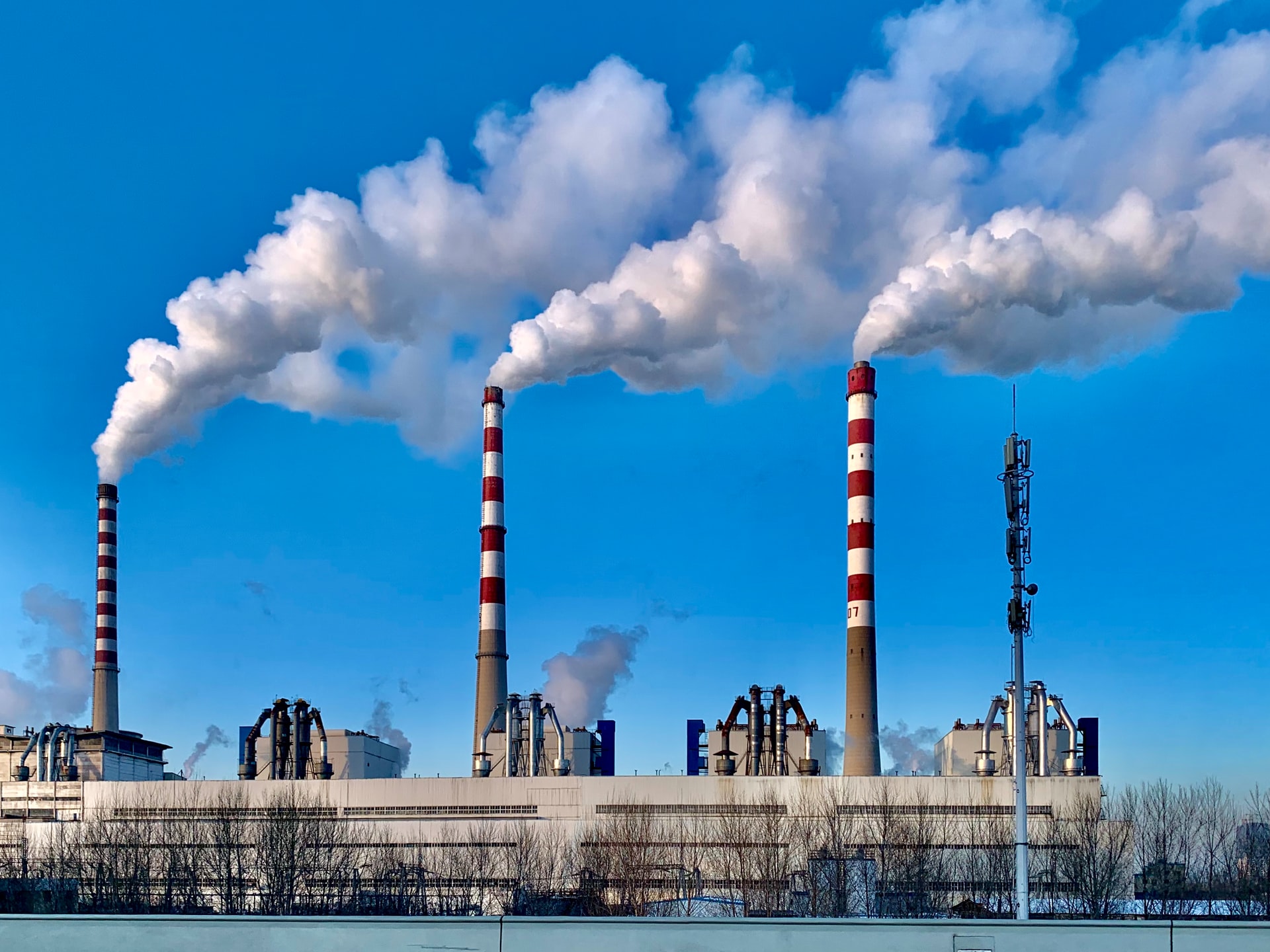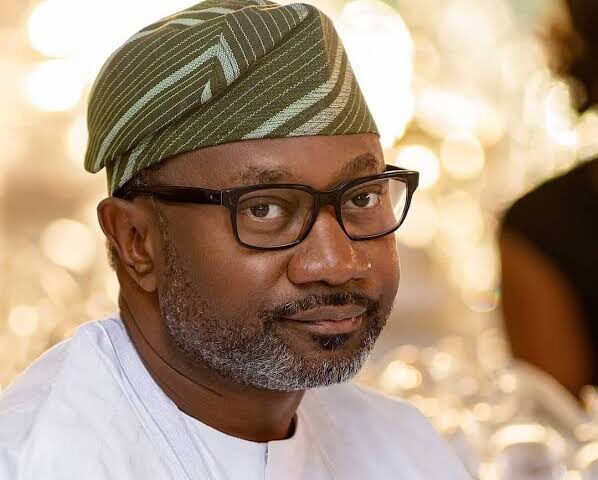A report by ActionAid has revealed that 14 fossil fuel companies experienced profit windfalls of $346.713 billionn in just 24 months.
Between June 2021 and June 2022, these companies generated $232bn in net profits, with $155.039 billion categorized as windfall profits.
Join our WhatsApp ChannelNotably, the 12 months leading up to July 2023 witnessed an astonishing 278% increase in net profits, totaling $278bn, with $192bn considered windfall profits. In contrast, during the same period, the top 22 financial corporations collectively accrued $78bn in profit windfalls.
In response to this financial surge, United Nations Secretary-General Antonio Guterres urged governments at COP27 in 2022 to tax the windfall profits of fossil fuel companies and allocate the funds to climate change mitigation.
However, a year later, only select European Union Member States, the United Kingdom, and a few Latin American countries have implemented limited windfall taxes, leaving substantial profits undertaxed and climate action underfunded.
READ ALSO: COP28: OPEC Urges Members To Reject Fossil Fuel Phase-Out, Stresses Emission Cuts
Research by Oxfam and ActionAid further highlighted that 722 mega-corporations raked in $1tn in windfall profits in 2021 and 2022. Proposing a 90% windfall tax on these profits, the report suggests it could generate $941 billion, boosting global investment in clean energy.
Notably, energy companies, dominated by fossil fuel giants, are seen as prime contributors to such a tax, aligning with the Polluter Pays Principle.
The report emphasized the complicity of financial institutions, stating that banks alone poured over $3.2 trillion into fossil fuels in the Global South since the Paris Agreement in 2015, implicating them in climate damage.
As calls for global action intensify, the term “profit windfall” takes center stage, describing an unforeseen surge in profits often attributed to external factors rather than company-specific actions.
Victor Ezeja is a passionate journalist with seven years of experience writing on economy, politics and energy. He holds a Master's degree in Mass Communication.




















Follow Us